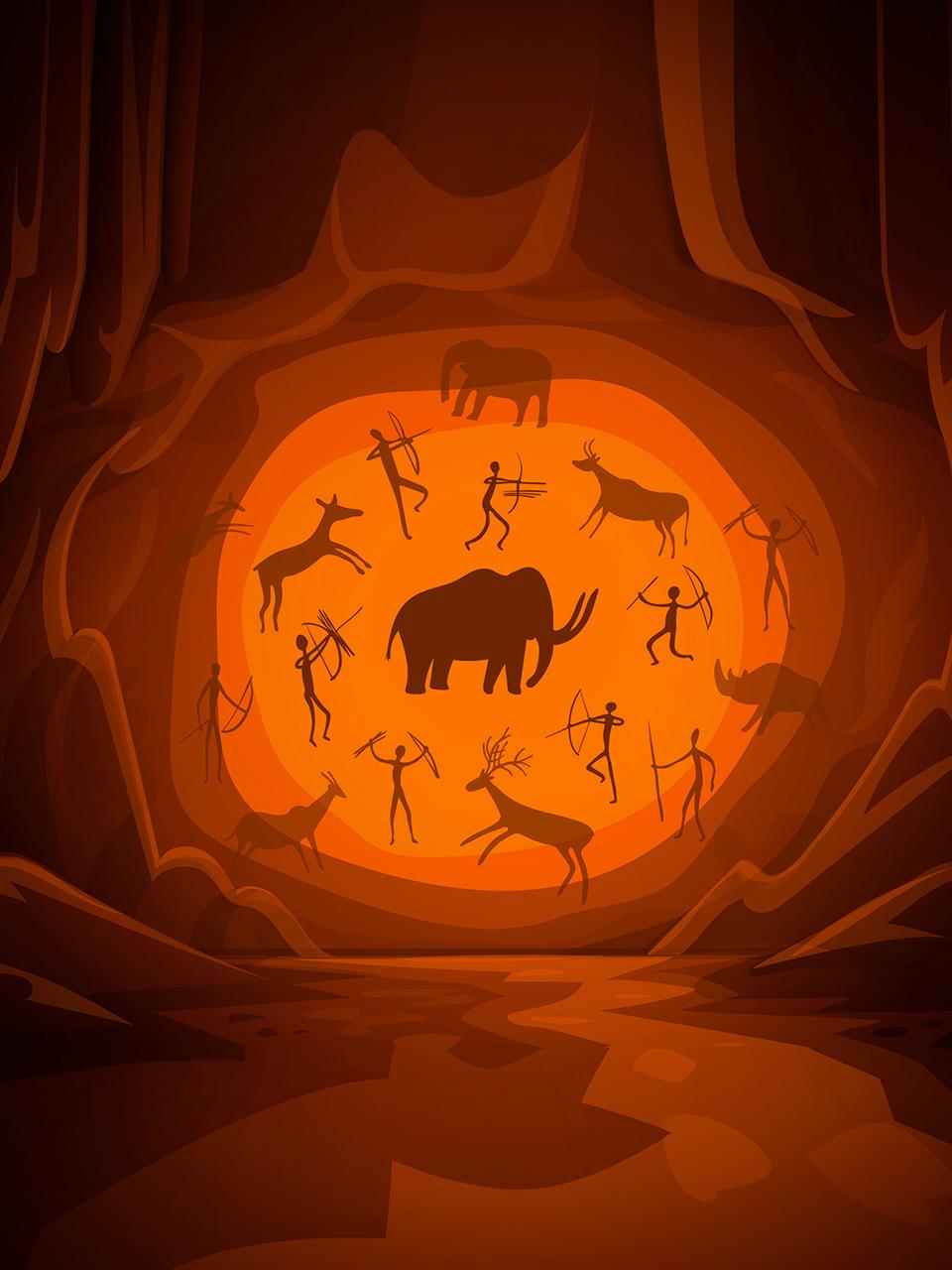If you are wondering, who a cultural anthropologist is, and what are his duties in the anthropology world, then this story will inform you exactly about the same.

Tap to Read ➤
Cultural Anthropologist Job Description
Kundan Pandey

If you are wondering, who a cultural anthropologist is, and what are his duties in the anthropology world, then this story will inform you exactly about the same.

If you love observing people, cultures, traditions and ponder over them deeply, you can be a great cultural anthropologist! Now, for most of us, even the thought of traveling all across the globe and meeting different types of people and experiencing their traditions and cultures, is very glamorous. This is where we have to separate the fact from fiction.

Being merely interested in doing something doesn't make us competitive enough to take our interest as a career. When it comes to choosing a profession or a career, interest must not be the only criteria. You should look at your current economic situation, your financial obligations, your family situation and if you will be able to complete the education.

It is not that financial situation must only guide you to pursue a course but it is a fact that, it does matter a lot. On the other hand, your interest in the field may inspire you enough to go thorough hell and fire to get in your chosen field. Many times, students enthusiastically choose a field without considering the practical dimension of it.

In specialized fields, like cultural anthropology, it requires years and years of education besides good work experience to make your mark. Initially pay may not be very high and you will be required to work as interns and assistants.

You can't expect yourself to the field of cultural anthropology and achieve the limelight overnight. You must have a good academic background in this field besides the desire to study this diverse branch of anthropology.

What Does a Cultural Anthropologist Do?
Cultural anthropologist job description consists of duties related to research and study of various types of civilizations and societies that have been in existence since the humans took roots.

✒ Travel across the world and in the US, for studying various facets related to cultures and traditions. Understand the lifestyle patterns prevailing in cities, countries and continents. If the cultural anthropologist is working in Africa, he will study tribes, communities and villages in that continent. If he is in US, he will try to understand hippies, religious groups and societies that have their own ways of living.

✒ They study history of the communities to provide logical, scientific, social and rational basis of the way societies function. For example, if a society believes in the magical powers of healing by the chanting of religious hymns or mantras, they won't consider it unreal or fake. Instead, they will examine the deep history, faith and scientific power (if any) related to the chanting of mantra and its ability to heal pain or ailment.
✒ They study specific features or trends of the lifestyle prevalent in a society. This may include marriage rituals, body piercing trends, face painting, eating habits, hunting patterns, ceremonial dances, laws, family system, economic system etc.
✒ Different cultures exist in the world with their own peculiar practices and living styles. Cultural anthropologists do a comparative study of how cultures and civilizations differ with respect to each other. Doing a comparative study of various customs and traditions helps in closely understanding the functioning of human beings in different parts of the world.
✒ How the present-day civilizations have evolved? Cultural anthropologists present to us the answers to such critical questions about man's social evolution in different corners of the world. If we take an example from the current world, we will understand this in a better way.
Societies all across globe have always depended on the varied forms of communication as an integral part of their lifestyle. In today's time, social evolution has been greatly facilitated by technological growth.
Just a few years ago, there was barely any sign of social media on the Internet. We have adjusted our lifestyles in alignment with technologies and computers.
✒ There goes a lot of research and hard work in anthropology works. Every citations and proof maters a lot. A cultural anthropologist requires to keep a record of the observations he or she makes. This is vital to draw inferences from the collected data. If an anthropologist is studying ceremonial dance of a tribe, for instance, he will interview members of the tribe, to know in detail about the dance, beliefs and customs behind it. Keeping records findings, theories and ideas is the only way to ensure success of observations.
✒ They deeply research about music, art, language prevalent in a society. Nothing reveals more about a society or a culture than its art, culture and languages. Knowing about language of a specific community helps us to track their roots.
Most of the languages in the world have been derived from the oldest known languages of the world. This helps us to understand the migration patterns and relations of other cultures with the past ones. Similarly, arts and music also gives numerous clues about the richness and recreational habits of people in a society.
Education Required and Salary Structure
Most of the entry-level jobs in cultural anthropology require a bachelor's degree in anthropology. However, to increase chances of employment, one must work towards obtaining a master's degree. Since research and knowledge about specific subject is of utmost importance, a PhD specialization can really boost career opportunities for cultural anthropologists.
Most of the cultural anthropologists work as social, scientific or technical consultants for businesses and government firms, who try to understand societies and people while chalking out their business plans or during formulation of policies.
Many anthropologists work as teachers, and professors in universities, teaching and writing researches. Some are also employed with museums, research institutions and with Federal agencies who want to understand world cultures all across the world in a better way.
Cultural anthropologists can earn anywhere between US$45,000 - US$60,000 in the initial years of their career to US$80,000 or more, after several years of experience in numerous national and international projects.
Going through the job description of a cultural anthropologist must have given you insights into this profession. Now, you know what it requires in your personality to become an anthropologist. If you are in your high school, it is great, if you learn more about humanities especially sociology and history.
You must be a voracious reader and writer, as that will be an essential component of your career in the later years. Moreover, you must have an eye for detail with excellent interpersonal skills to meet new people and befriend them. Being a patient listeners and great observer will help you to achieve success in this field.